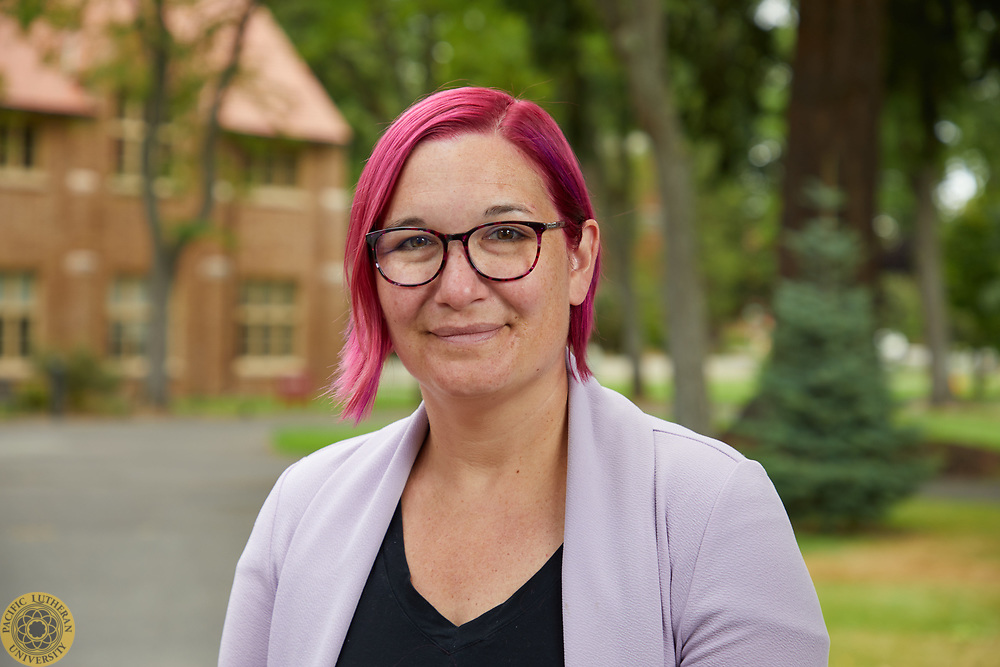Page 13 • (636 results in 0.055 seconds)
-
and political contexts. Global Religious Traditions (RG) highlights PLU’s commitment to local-global education through analysis of diverse religions, both here and abroad.
-
learn ethical standards of their practice and how they interact with local and global communities, culture, and the academic field.MediaThe game is constantly changing. Modes of communication are rapidly evolving and emerging. A solid foundation of media skills, in design or analysis, is crucial to adapt with constantly changing media. Developing marketable skills and knowledge domains are necessary to be a professional communicator, whether words, visuals, or videos is your chosen medium.Design
-
Theological Critique of Liberation Theology2015Andrew Allen, Seeking Economic Justice Through American Congregations: An Analysis of the Influence and Promise of the ELCA Social Statement on Economic Life Hannah Anderson, Lutheran Responses to Injustice: A New Theology to Combat Gender-based Violence in Southern Africa Jacob Brock, Subduing the Earth Responsibly: Giving “Priority of Labor over Capital” in Laborem Exercens’ Environmental Consideration Louise Buckles, The Gospel of John’s Community: A Group
-
decision-making, analysis, communication and reasoning — all through in-classroom and experiential learning, innovative academic programs, and internships and research opportunities.Learn MoreEndowmentEndowment gifts are one of the most powerful ways you can support Pacific Lutheran University. With an endowment gift, you make a difference at PLU both now and in the future.Learn More
-
semester hours in English (Literature) 8 semester hours in social sciences Bachelor of Arts (B.A.) DegreeMajor in Theatre 44 semester hours, plus a minor THEA 160: Introduction to Theatre (4) or THEA 102: FYEP 102: DJS Seminar (4) THEA 225: Running Crew I (4) THEA 250: Acting I – Fundamentals (4) THEA 255: Theatrical Production (4) THEA 290: Stage Management (2) THEA 299: The Profession of Theatre (2) THEA 330: Script Analysis (4) or THEA 345: Playwriting (4) 4 semester hours from: THEA 360: Theatre
-
track. These students should expect to spend at least 16 months completing the program in a full-time status.Course schedule for students completing the degree in 9 monthsFall Semester BMBA 504: Quantitative Methods for Decision Making (4) – Online BMBA 511: Accounting for Decision Making (4) BMBA 513: Marketing Management (4) BMBA 515: Organizations, Leadership and Change Management (4) BMBA 522: Quantitative and Managerial Decision Analysis (4) J-Term (and/or Summer) BMBA 509: Global Business
-
coursework toward the PLU DNP program. Essentials: Core Competencies for Professional Nursing Education (2021) provides guidelines for determining how a post-MSN student meets the DNP end of program competencies. The PLU School of Nursing conducts a Gap Analysis of the student’s previous coursework and/or prior experience that may be applied to the PLU DNP degree. All Post-Master’s students require 1000 hours of clinical experience post-BSN, therefore a record of clinical hours from previous graduate
-
% 70% 80% Analysis or higher 10% 20% 20% 20% Dosage Calculation* 0 10% 10% 10% The majority of the exam should consist of multiple-choice items written in compliance with the current NCLEX-RN test plan. Number of alternate item types per exam Alternate formats – Faculty are encouraged to expose students to item types in
-

CHEM 410: Introduction to Research CHEM 420: Instrumental Analysis CHEM 487: Inorganic Synthesis CHEM 499: Capstone NSCI 350: STEM Education Partnership WRIT 101 – A writing course for students during their first semester at PLU. Dr. Munro taught WRIT 101: Writing and the Scientific Method in Fall 2017 for students in the STEM dorm and WRIT 101: Writing and the Scientific Method in Fall 2021. Selected Publications Food Chemistry: An Asynchronous Course Designed with Hands-On Experiments for
Area of Emphasis/Expertise -

CHEM 410: Introduction to Research CHEM 420: Instrumental Analysis CHEM 487: Inorganic Synthesis CHEM 499: Capstone NSCI 350: STEM Education Partnership WRIT 101 – A writing course for students during their first semester at PLU. Dr. Munro taught WRIT 101: Writing and the Scientific Method in Fall 2017 for students in the STEM dorm and WRIT 101: Writing and the Scientific Method in Fall 2021. Selected Publications Food Chemistry: An Asynchronous Course Designed with Hands-On Experiments for
Area of Emphasis/Expertise
Do you have any feedback for us? If so, feel free to use our Feedback Form.


